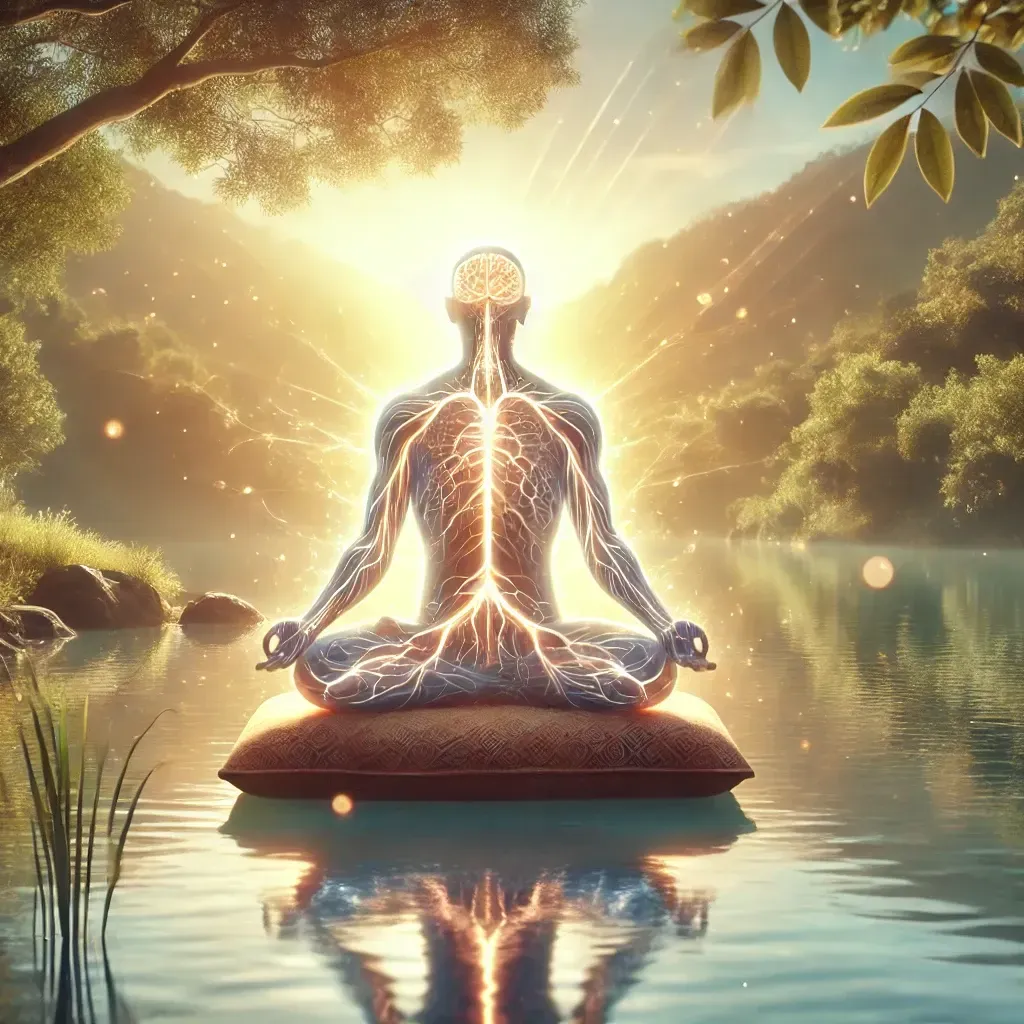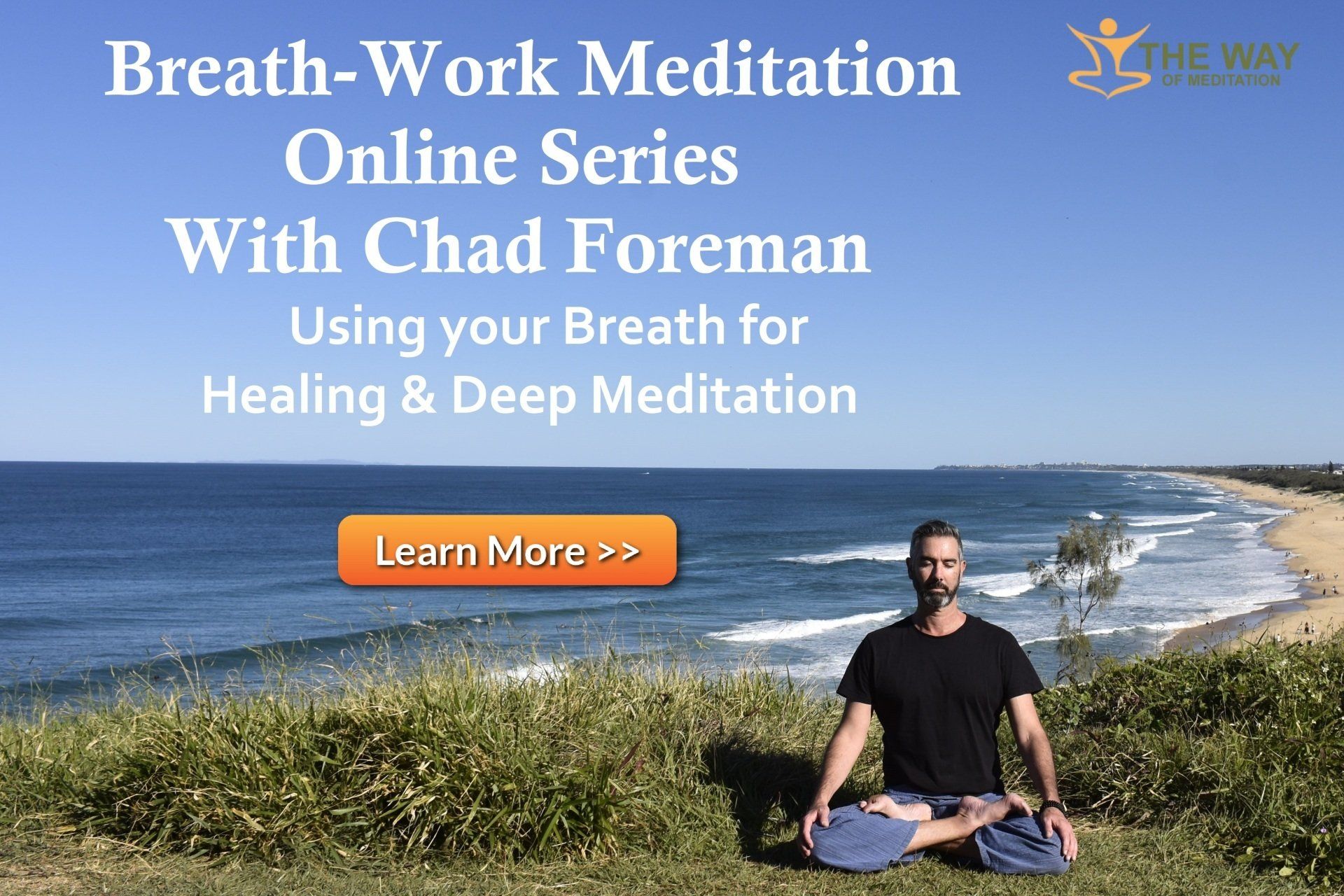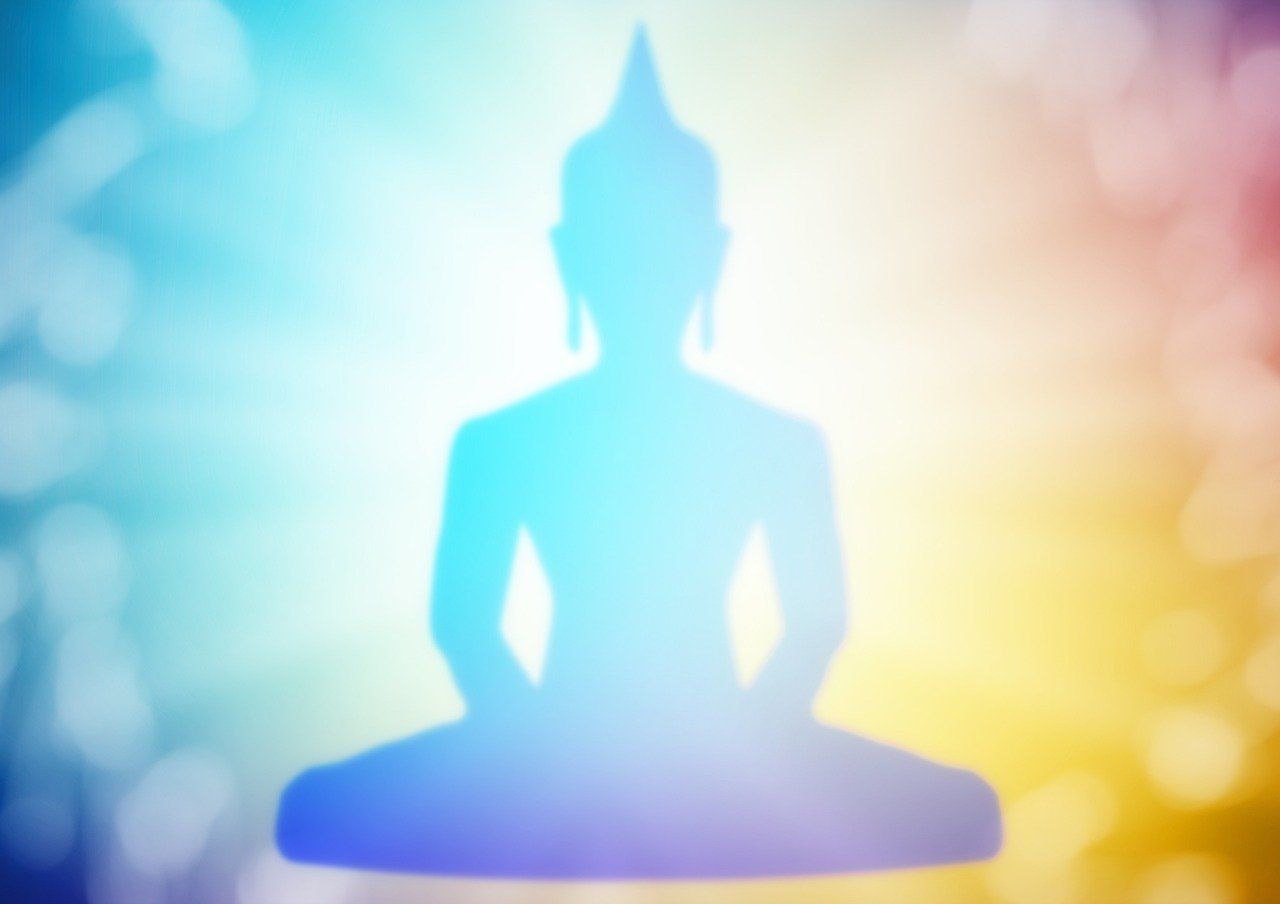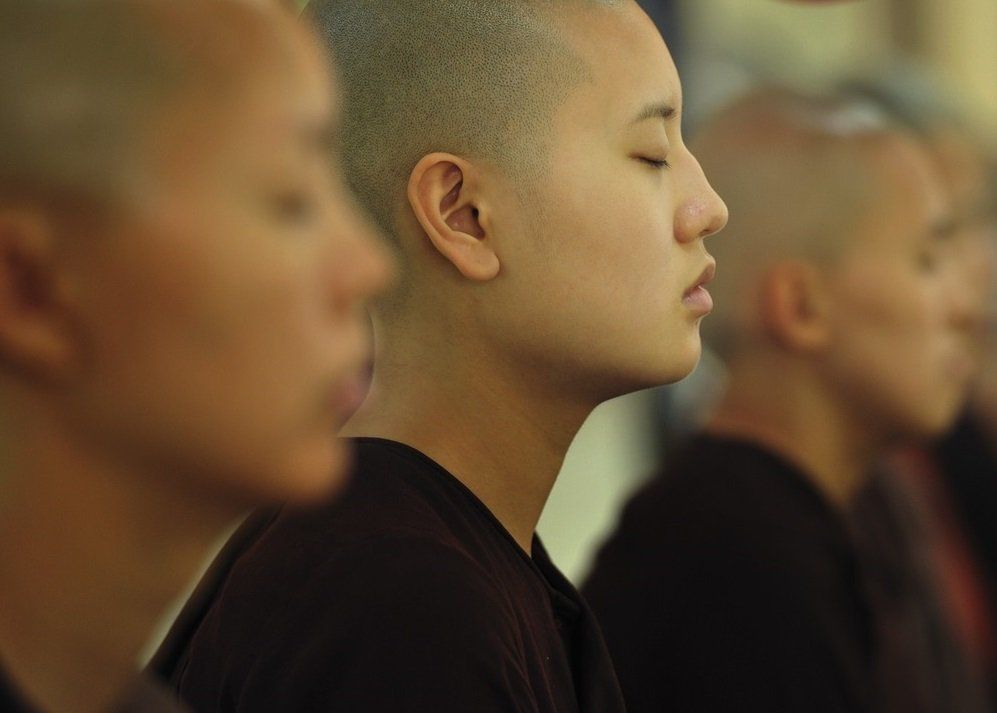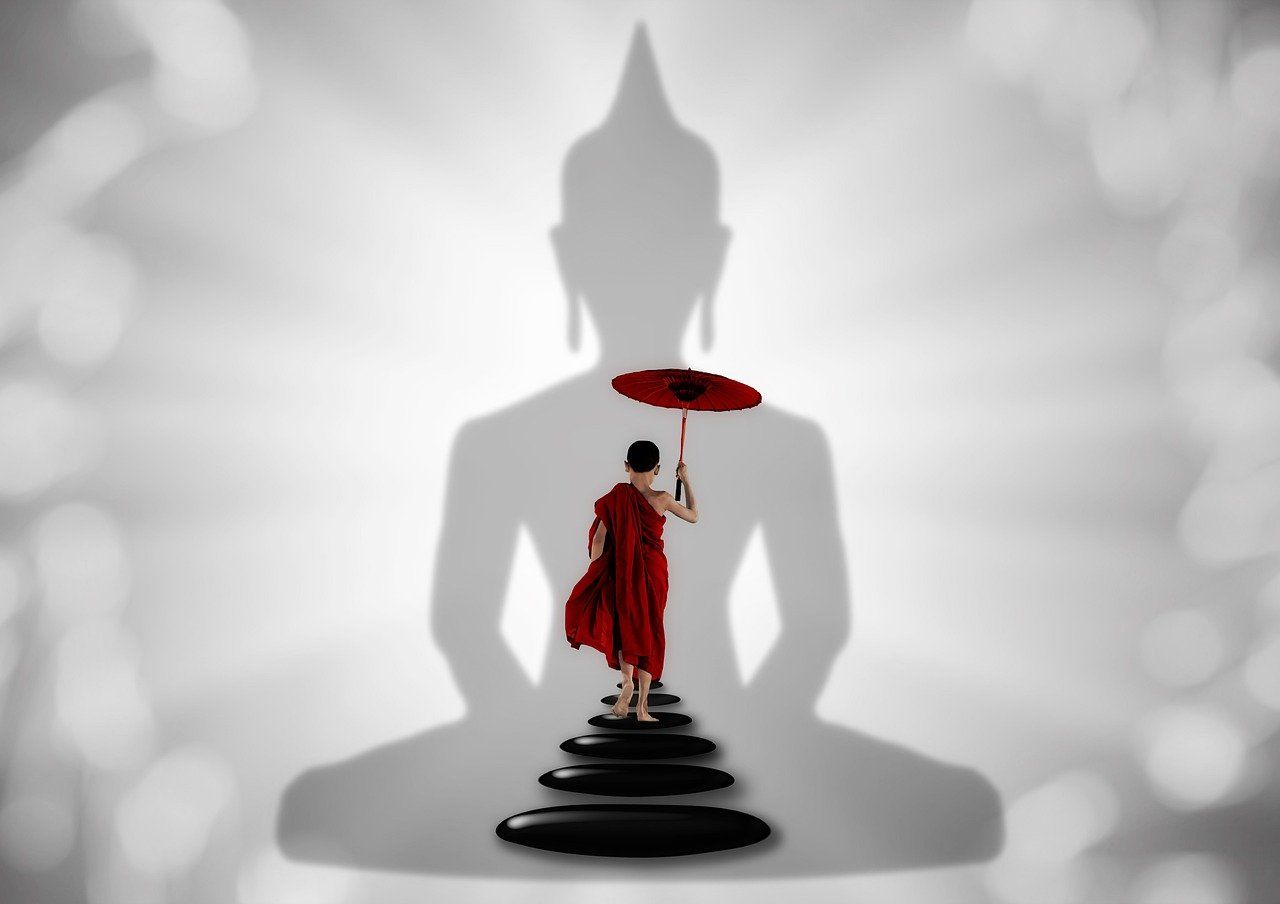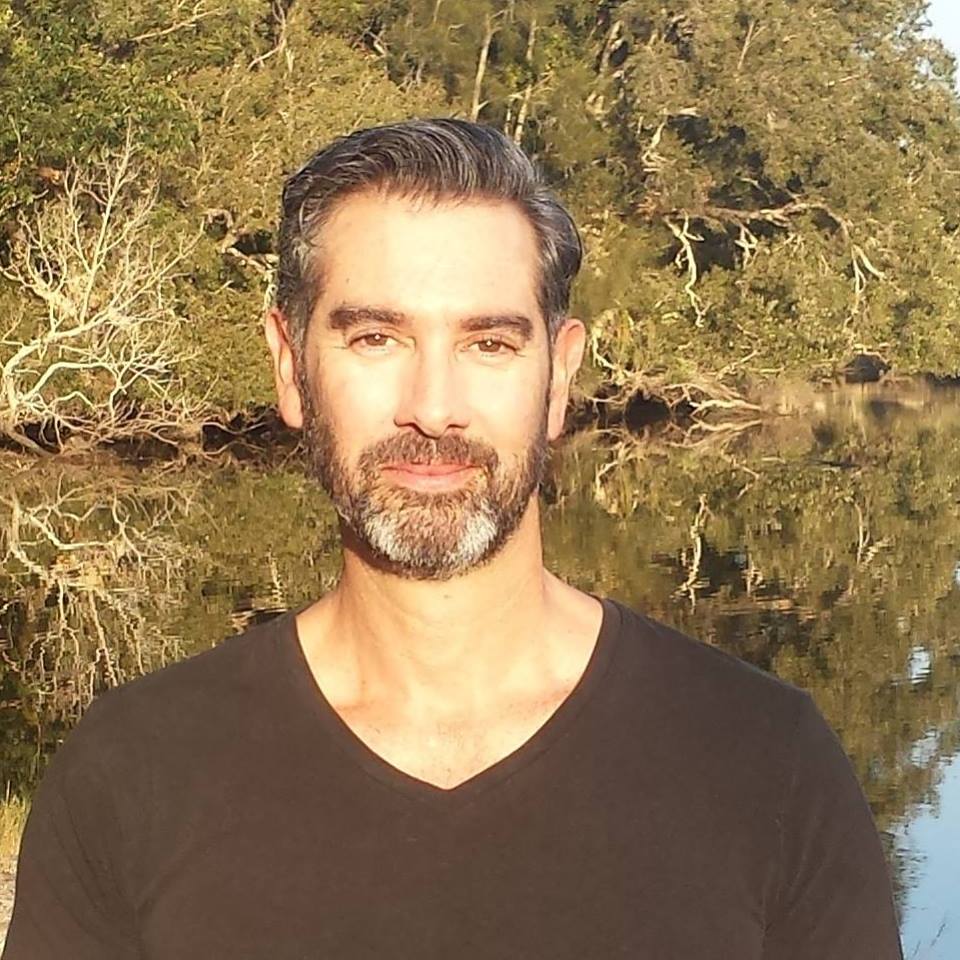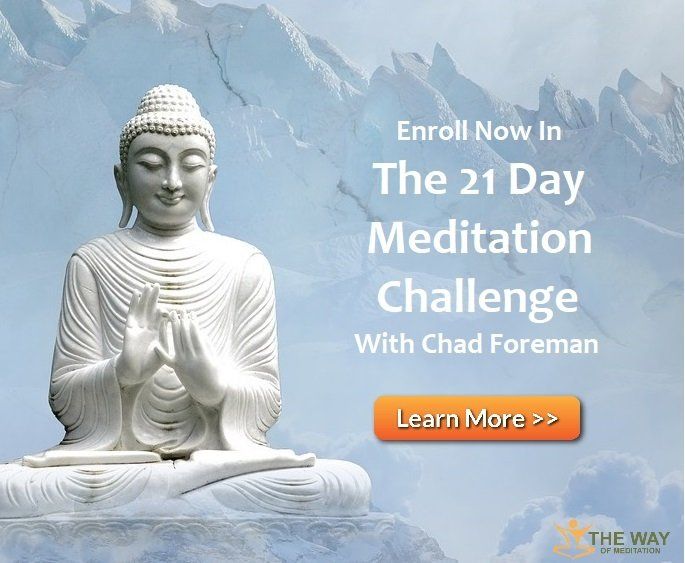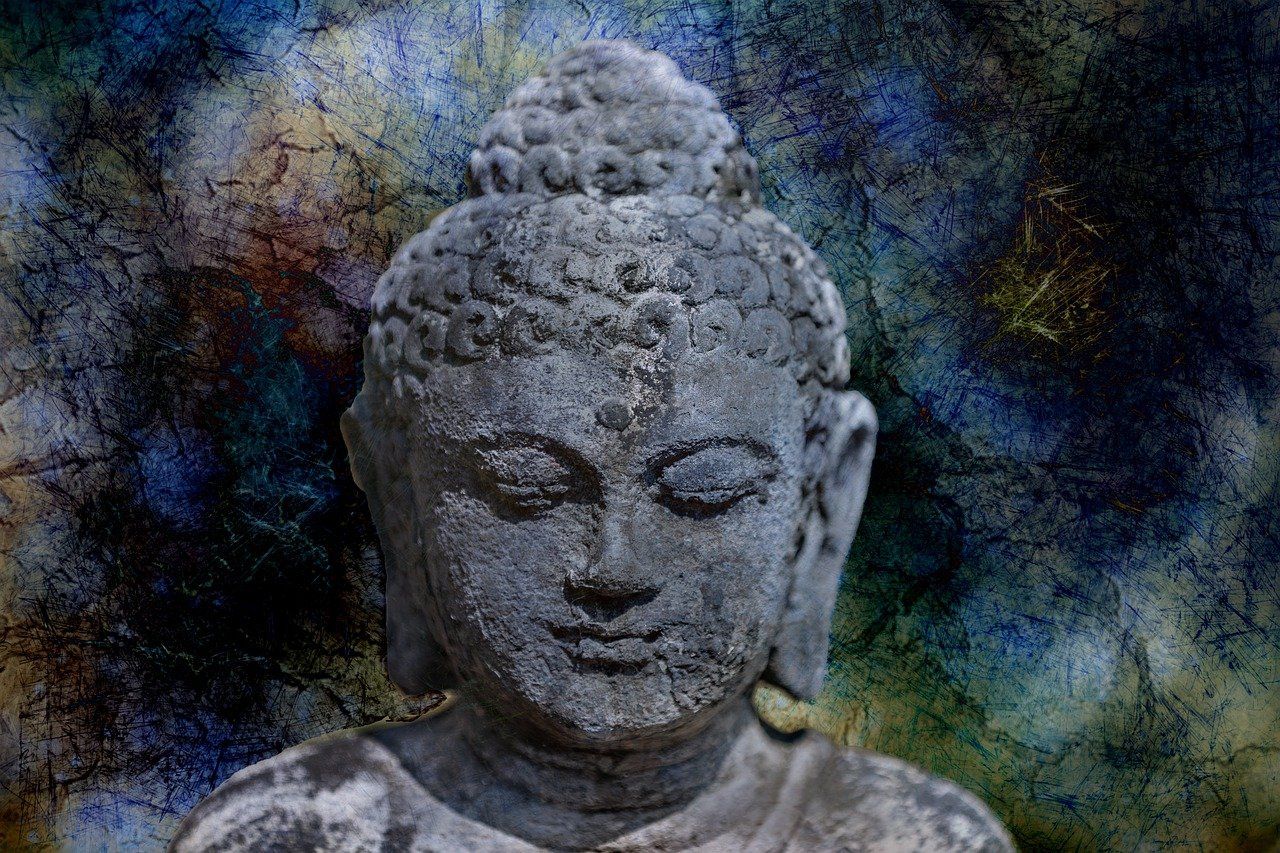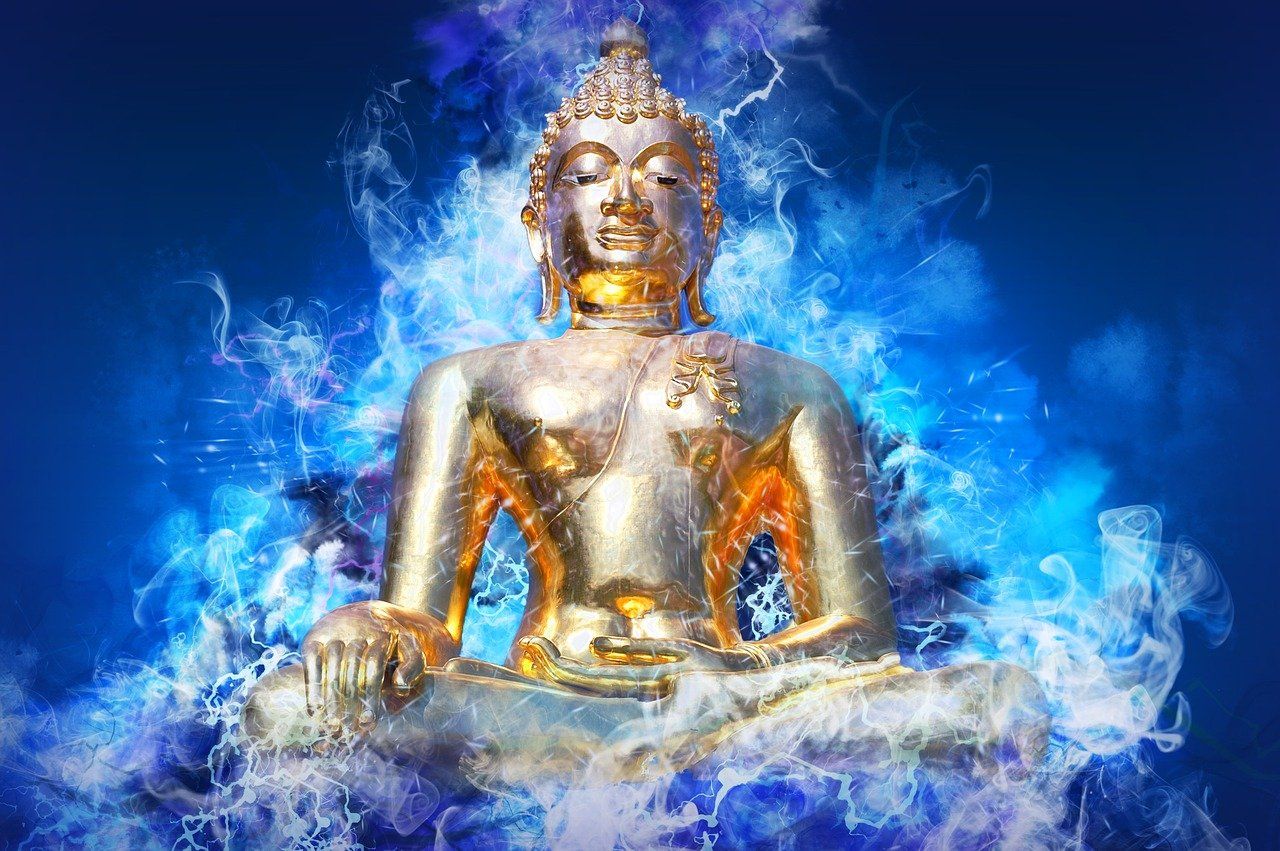9 Attitudes To Deepen Your Mindfulness
These 9 attitudes that help deepen your mindfulness come from the secular guru of modern mindfulness Jon Kabit Zinn. Jon has been tirelessly working to bring mindfulness into the arena of medicine and healing and the popularity, research and huge movement that mindfulness has become is largely due to his efforts. Jon created MBSR or
Mindfulness Based Stress Reduction and it has spawned a whole new era of psychotherapy and mindfulness based health interventions.
Mindfulness has many
scientifically proven health benefits including improved physical, mental and emotional health. It is actually a holistic type of therapy essential for sanity and intelligence.
Jon’s definition of mindfulness is the current most popular working definition used by health professionals and mindfulness teachers. It is the ongoing moment to moment awareness that arises when observing the present non-judgmentally.
Jon says that this seemingly simple directive found in the definition is an extremely difficult thing for humans to do and therefore these 9 attitudes that accompany mindfulness training are an essential way to deepen your understanding and experience of mindfulness training. These 9 principles are all intimately connected and interwoven. Mastering just one of them you can master them all and therefore you may prefer to just focus on a few and not all of them.
This is my own commentary on the nine attitudes of mindfulness as outlined by Jon Kabit Zinn. I also include the video of Jon explaining the 9 attitudes at the bottom of this blog.
Beginner's Mind
This is a term coined by Zen Master Shunryu Suzuki and is a key element in mindfulness. It refers to seeing the present moment in a fresh and open way. Suzuki said that “in the beginner’s mind there are many possibilities ; in the expert’s mind there are few.” Ironically having an innocent and open attitude helps to cultivate creativity and intelligence. Without labeling or pre conceived opinions of the situation your whole being is free to engage with the moment and empower your ability to ‘think outside the box’.
Non-Judging
This appears in the definition of mindfulness and is the key principle that gives rise to a clear seeing awareness. Judging becomes a veil or a filter to the present moment and colours everything we experience and imprisons us in our own narrow reality tunnel. By not judging we can enlist a type of awareness that clearly discerns the situation outside of our own conditioning. This is an enlightened type of awareness that is not bound by our own experiences but instead engages all perspectives, holds all opinions lightly and allows the widest and wisest scope possible in any given situation.
Mostly we constantly judge by either stamping like or dislike, or love or hate onto everything we encounter. This constant subtle and sometimes not so subtle judging comes from the mind’s search for happiness in the objects of the world. Therefore by deepening our conviction that true and lasting happiness comes from our own clear awareness and warm heart undercuts the mind’s tendency to constantly judge and try to move toward things perceived as pleasant and move away from the unpleasant. Therefore we don’t get as obsessed and addicted by the pleasant or as fearful of the unpleasant.
Acceptance
Acceptance is not passive it is an active recognition that things are the way they are. How could they be any different? Resistance to the way things are is a major cause of mental and emotional suffering and is fighting against reality itself. It also one of the most misunderstood principles of spirituality and mental health. It does not mean you shouldn’t try and change anything, this is the wrong understanding of acceptance. I like what Zen master Suzuki said “You’re perfect the way you are, and you could use some improvement.” I think the best place that transformation begins is from a clear awareness of the situation and that must include a level of acceptance.
Letting Go
Letting go reminds us that we can let things be. Letting go is letting go of being caught in desires for things to be different. Letting go is the key to freedom because clinging to things is a self imposed prison. Alan Watts explains that we let go every out-breath and to cling to life is as foolish as trying to cling to the in-breath. By letting go we allow things to flow into our lives. By letting go we don’t fight and resist change. By letting go we trust the process.
Trust
Trust is both being trustworthy and trusting. Trust is a recognition that we are not in control of every little thing in our life and many things vital to our survival are going on constantly and we trust that. We can trust ourselves by listening to the subtle signals our body and intuition give us in every moment. And we can trust others by not thinking the worst of people and by not pre-judging people based on their looks, age, gender or ethnicity.
Trust is also a type of confidence in yourself and in the world. Trust is not gullible just like being kind is not a weakness. Trust that you are capable of discerning the difference between friend and foe. Trust the process of ongoing non judgmental awareness to be healthy and healing and you can also trust that you can handle difficult situations with grace and dignity.
Patience
In my blog
stop rushing and start arriving I explained the modern illness of the hurry disease. People are so often rushing to get to the next thing that they forget to enjoy and be in the present moment. Zen Master Thich Nhat Hanh said “if you cannot enjoy doing the dishes you will not enjoy what you’re looking forward to doing later on. Looking to the future becomes a predominant habit in people’s lives which cripples their ability to enjoy the present moment.
Patience is also keeping calm when things are not going your way or are going way too slow for you. Patience is actually a major attitude that protects your mind from anger and is highly recommended by Buddhists. Patience enables the ability to keep calm under pressure and reminds us to enjoy the small moments of life, because life is made up a series of small moments.
Non-Striving
In my blog
the art of doing nothing I explain the deepest and most profound teaching on meditation which is to just Be. Without manipulating, changing or forcing things in any way which puts you directly into the flow of now. To just be with life without an agenda. Non striving is not about having no goals or to be aimless - it is the ability to go with the flow. As Lao Tzu says “I do nothing and everything gets done.” It’s a way of acting without trying to act. Action happens by itself, spontaneously – rather than being contrived, it is more direct and natural and therefore more effective and appropriate.
Non striving recognises that happiness is not found in achieving or accumulating things but instead can be found in the stillness of awareness in every moment. Non striving is synonymous with peace, freedom and a deep sense of contentment with the way things are.
Gratitude
Initially Jon Kabit Zinn just wrote 7 attitudes of mindfulness but extended it to include the important aspects of gratitude and generosity. Gratitude is a way to protect your mind from constantly complaining and finding the negative in things. Psychologists call it having a negative bias and it's damaging to our mental health. To enjoy the present moment with a sense of reverence and humility. By slowing down and bringing gratitude into our present moment we bring a sense of delight and focus on the positive in life. Even when things are bad we be grateful for surviving them and learning from those events. Gratitude is always an option and a very healthy option indeed.
Generosity
In my blog
Meditation and Generosity I explain how giving someone your presence is the greatest present of all. In fact it’s often all our children want is our attention. Being generous recognises that there is more happiness found in giving than clinging on to things. Generosity embodies a warm heart and kind attitude. Jon Kabit Zinn describes mindfulness as to also mean heart fullness. An open and generous attitude of being present. Being non judgmental is also a great gift to others and a foundation of a healthy relationship.
Written by Chad Foreman
Get A FREE
Guided Meditation Series
with Chad Foreman
